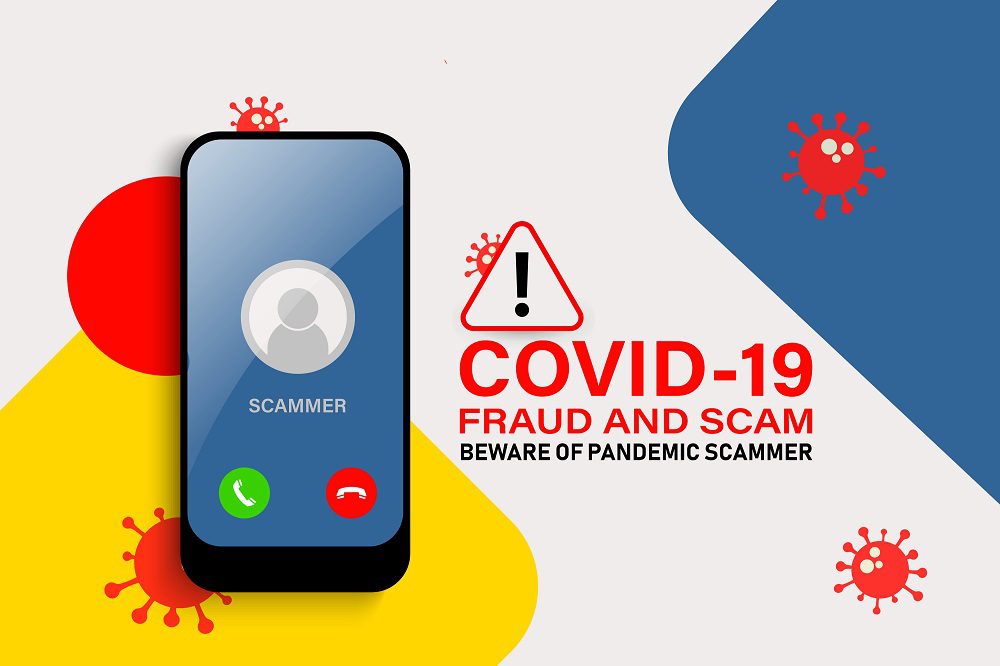
Although a crisis like the coronavirus pandemic will bring the best out of people looking to help others, there are also those who are trying to take advantage of uncertainty and chaos. For so much confusion out there in the world — as well as evolving recommendations that most of us are struggling to keep up — there is plenty of opportunities for scammers to communicate to you about money and personal data.
Fortunately, government departments such as the Department of Justice ( DOJ) and the Federal Trade Commission (FTC) have provided information to help consumers stop these COVID scams. Keep reading to find out what to look for and how to hold on to your hard-earned cash.
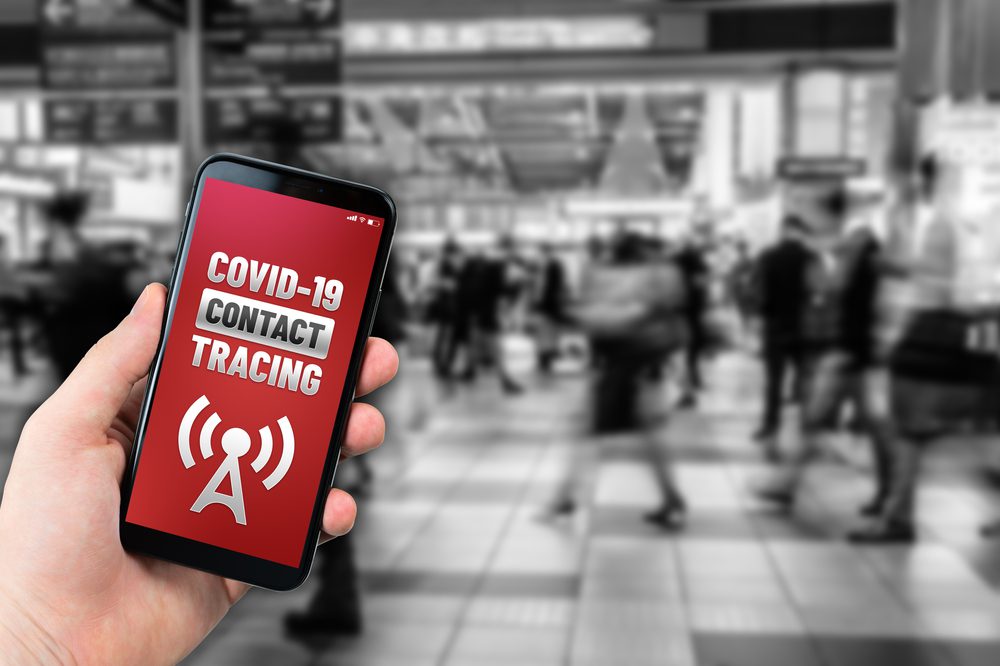
1. Contact tracer scams
Real contact tracers are extremely important to coronavirus response. Qualified individuals are responsible for reaching out to other people that an infected person has come into contact with so that they can be informed and self-isolate and/or get tested on their own. Per the FTC, an authorized contact tracer can request your name, health details, and movement information, so that they can continue tracing positive cases.
If you are asked by a contact tracer some kind of payment information, your social security number, or immigration status (the FTC stresses that this is not of interest to tracers), you can hang up the phone and file a complaint with the FTC. Also, don’t click on a link or download e-mail from a presumed contact tracer— it could be an invasive program that can access your personal data.

2. Sales of fraudulent or non-existent protective equipment
At the end of March, the Federal Bureau of Investigation ( FBI) released a warning about the illegal selling of personal protective equipment ( PPE) by desperate civilians and health care providers. Medical providers were warned to be suspicious of “unusual terms of payment, last-minute price changes, last-minute reasons for delay in shipping” and “inexplicable source of bulk supplies” and to be cautious of any suppliers they had not dealt with before.
In addition, someone claiming to have a product capable of “preventing, treating, diagnosing or curingCOVID-19” should be ignored because there are no such products on the market. In general, it’s important to stick to the brands and suppliers you know and trust. The FBI also urges you to report any scams you find on their website.
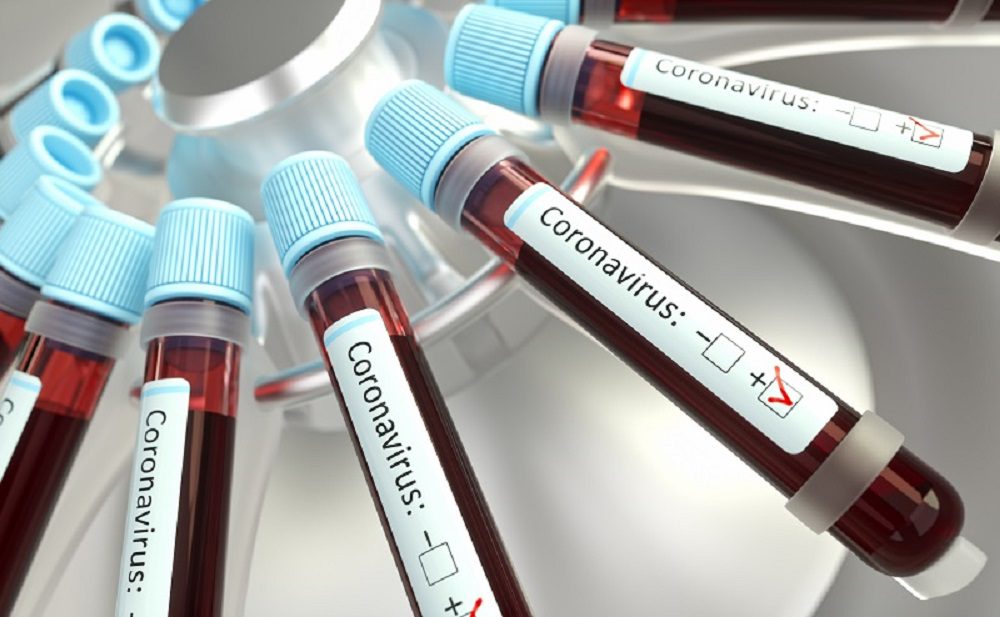
3. Testing scams
The FTC states that there are no at-home COVID-19 test kits authorized by the Food and Drug Administration (FDA). Do not buy any product that claims to diagnose coronavirus. Moreover, the DOJ recommends that you should never provide Medicare details over the phone to someone calling to offer free COVID supplies or tests.
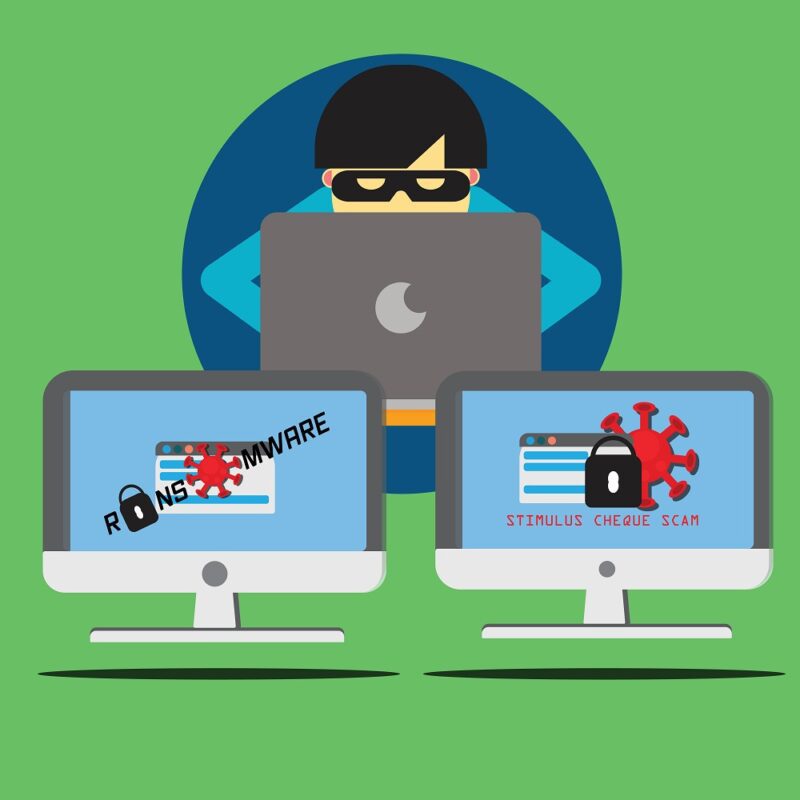
4. Stimulus scams
According to the DOJ, there have been several instances of apps, websites, mass e-mailers and robocallers pretending to represent the Internal Revenue Service (IRS) and asking for personal information to obtain stimulus funds. The IRS does not gather information from any of these avenues.
“Be wary of calls claiming you received an overpayment of the stimulus money and demanding a ‘refund’ of the difference,” the agency also says.
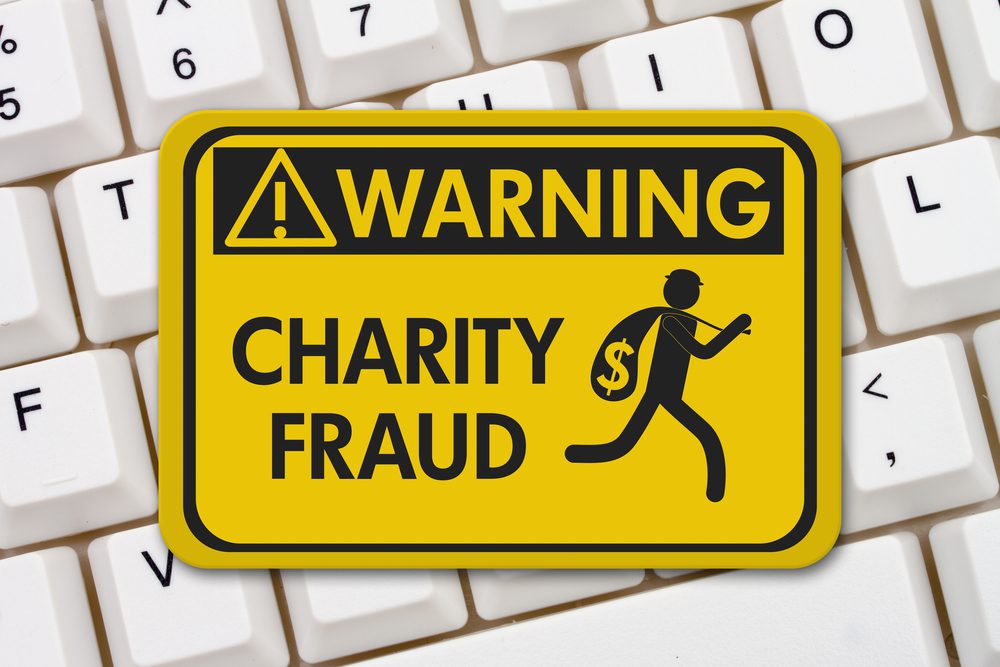
5. Charity scams
“Law enforcement has seen an increase in social media scams and telephone calls fraudulently seeking donations for illegitimate or non-existent charitable organizations requesting you to enter your bank account information,” the DOJ says.
Such emails can also encourage you to click a link that will download malicious software to your computer. To check a non-profit organization you haven’t heard of before, you can utilize websites like Charity Navigator. As for crowdfunding, stick to well-known and trustworthy sites, such as GoFundMe, by sending the information directly to a solicitor.























